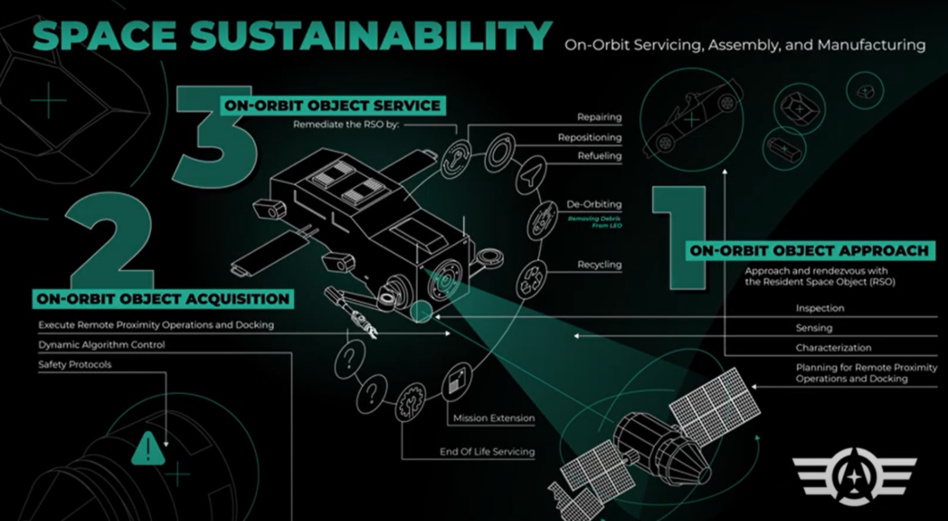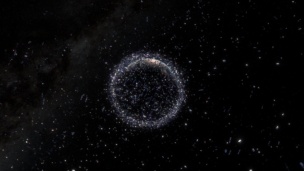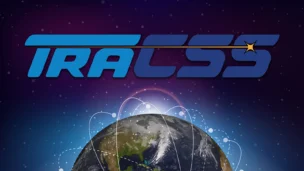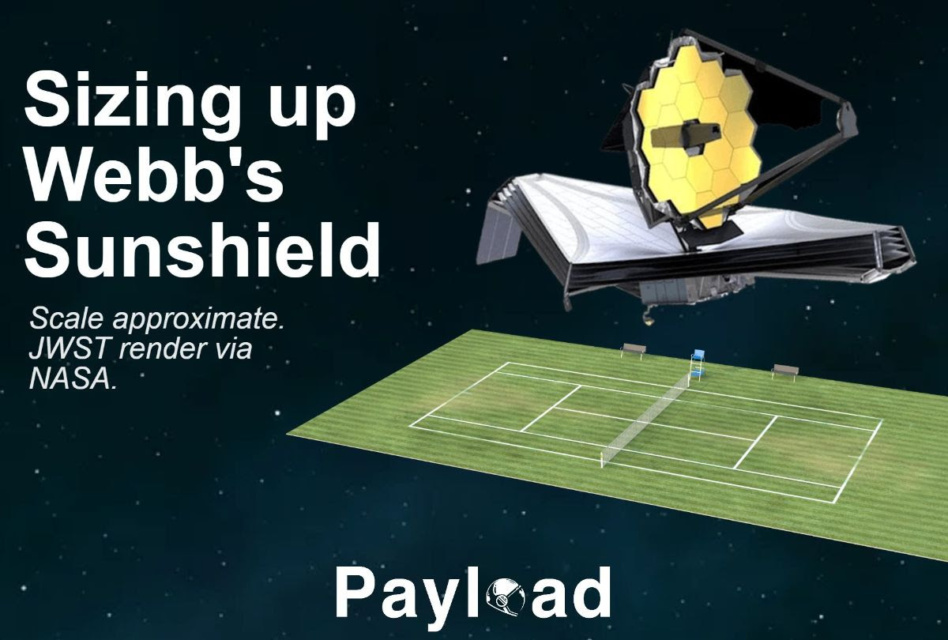The Space Force (USSF) is hoping to gin up demand for debris removal by eventually buying services directly from the private sector.
“We need your help,” USSF Vice Chief of Space Operations Gen. David Thompson said in a recent video addressed to the private sector (H/T SpaceNews). The vision here = “Aggressively explore [debris removal] capabilities today, in the hope that we and others can purchase them as a service in the future,” Thompson said.
Orbital Prime: That’s what USSF dubs a wider initiative to turbocharge development of mostly unproven on-orbit servicing, assembly, and manufacturing technologies.
Orbital Prime itself is part of Space Prime, which aims to “prime the pump to accelerate the commercial market and stimulate industry investment”…Optimus Prime would be proud of all the “prime” mentions in this story. SpaceWERX, USSF’s LA-based, skunkworks/innovation arm, oversees Orbital and Space Prime. The devil is in the details. To that end, here’s how USSF’s debris removal solicitation works.
- The award process is structured as a Small Business Technology Transfer (STTR) program.
- STTR stipulates that to be eligible for funding, awardees are to work hand-in-glove with academic/nonprofit research institutions. Big companies can’t win outright (hence “small business”) but they can be subcontractors. Check here to see if you qualify as a small business.
- USSF will grant Phase I awards of $250,000 and Phase 2 awards of $1.5M. The deadline to submit proposals is Feb. 17. The US will (partially) split the bill for an on-orbit demonstration, should any be selected.
Why this caught our eye…Who pays to clean up space? Will it be a government or company? On the private side, would a company pay to deorbit its defunct satellites…or might another firm who wants to use the relevant orbit be willing to pony up? These unresolved questions get more relevant by the day.
Plenty of policy intervention ideas have been bandied about, from satellite taxes to cleanup credits, but space junk is a complex problem. And there’s ultimately no silver bullet for this tragedy of the commons.
The upshot: The USSF funding is a small but notable effort to kickstart market incentives for debris removal.
“It’s the first time the US government is putting money towards debris removal activities,” Turion CEO Ryan Westerdahl told Payload, and “a vital first step towards making a viable business of it.” The market viability of debris removal is an existential question for Turion, a pre-revenue startup developing satellite servicing and debris removal technology.
+ Read Part 2 of this story here.





